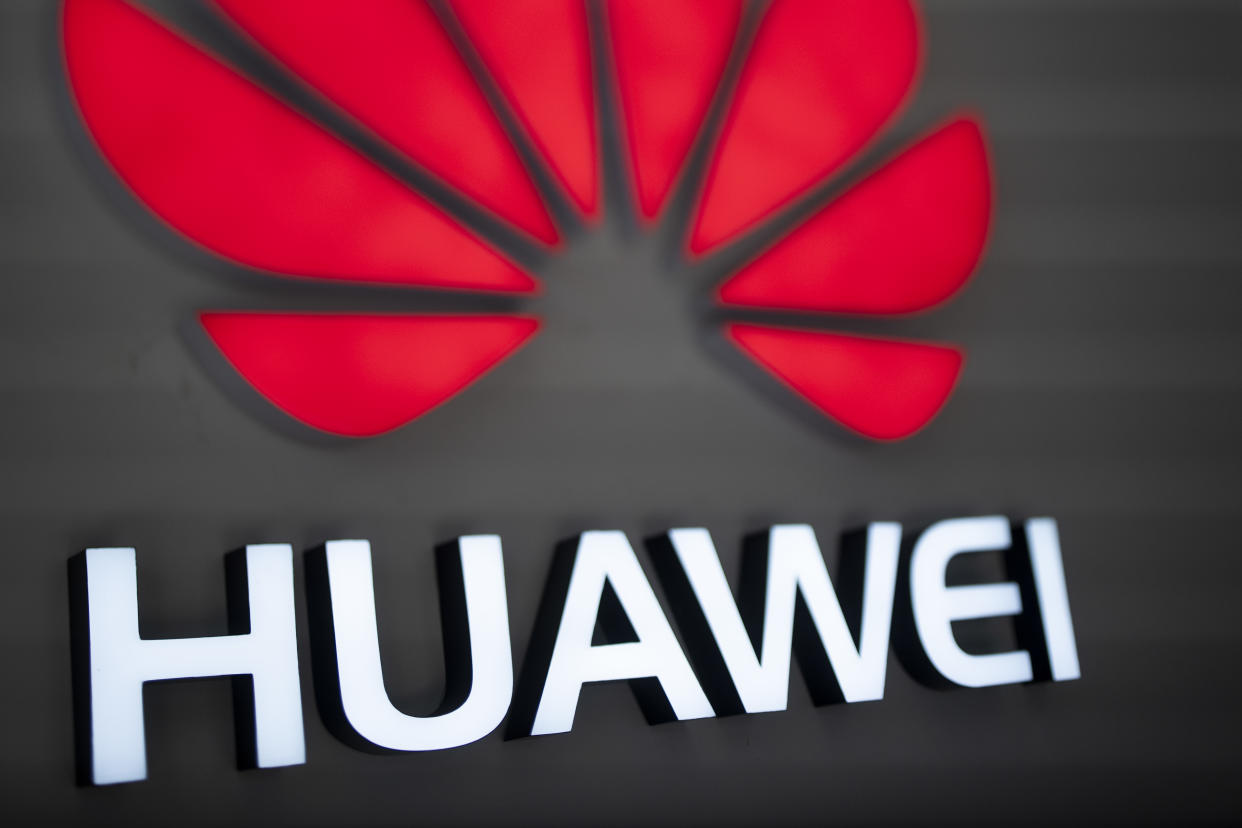With Huawei charges announced, Canada-China relations won't improve anytime soon: expert

Hopes for Canada that the ongoing dispute between the U.S. and China would be quickly resolved all but disappeared Monday afternoon, when the U.S. government announced a slew of charges against Huawei Technologies and its detained executive.
The U.S. Department of Justice unveiled its case against Huawei, two affiliate companies and chief financial officer Meng Wanzhou on Monday, announcing 13 criminal charges including fraud, conspiracy and obstruction of justice.
The allegations at the heart of the case, which span over a decade, represent a ramp-up in the U.S. case against Huawei – one that has seen Canada dragged into the fray.
Canada’s Department of Justice confirmed late Monday that officials received formal request of the United States for Meng’s extradition, who was arrested in Vancouver in December on behalf of American authorities. Meng is expected to appear in Canadian court on Tuesday to review her bail conditions.
“The accusation and allegations against Huawei complicates the situation further for everyone involved,” said Lynette Ong, the director of Munk China Initiatives at the University of Toronto.
“It cannot be good for Canada, because China is going to be even more angry than it was a few days ago.”
The case against Huawei and its CFO has already significantly strained Canada’s relations with China – and Ong expects that the situation won’t improve anytime soon. She pointed to the ongoing detention of two Canadians in Beijing, as well as pressure ramping up on the Canadian government to bar Huawei from involvement in the installation of 5G technology in Canada.
“This pushes China into a corner, where they are forced to defend themselves further,” Ong said. “Canada is going to be seen as an ally with the United States, which (to China) is their enemy.”
Last weekend, Prime Minister Justin Trudeau fired Canada’s ambassador to China, John McCallum, after he made comments that it would be “great for Canada” if the U.S. dropped its extradition request for Meng. The move further soured relations, with many in China viewing the firing as punishment for McCallum siding with Huawei and the Chinese government.
The Global Times, a state-run newspaper in China, ran an editorial condemning Trudeau’s decision.
“Ottawa is now as sensitive as a frightened bird. A few words by the ambassador should not have posed any impact on court decisions. Nonetheless, judging from the reactions of many politicians and journalists in Canada, McCallum’s remarks are like a dreadful monster,” the editorial said.
“As a Chinese folk saying goes, ‘You cannot live the life of a whore and expect a monument to your chastity.’ Canada is a country worthy of respect, but some Canadians must be reminded that they are now refusing to face up to the moral predicament.”
Chinese investment in Canada took a hit in 2018, declining for the first time in six years that saw mostly double-digit growth. According to data collected by the University of Alberta’s China Institute Investment Tracker, the flow of Chinese investment into Canada fell by 47 per cent, from $8.35 billion in 2017 to $4.43 billion. The China Institute said the drop was in part due to capital outflow restrictions imposed by the government in 2016 and 2017, as well as growing trade uncertainty and increasing scrutiny of Chinese investment in the Western world.
With files from the Canadian Press.
Download the Yahoo Finance app, available for Apple and Android.


